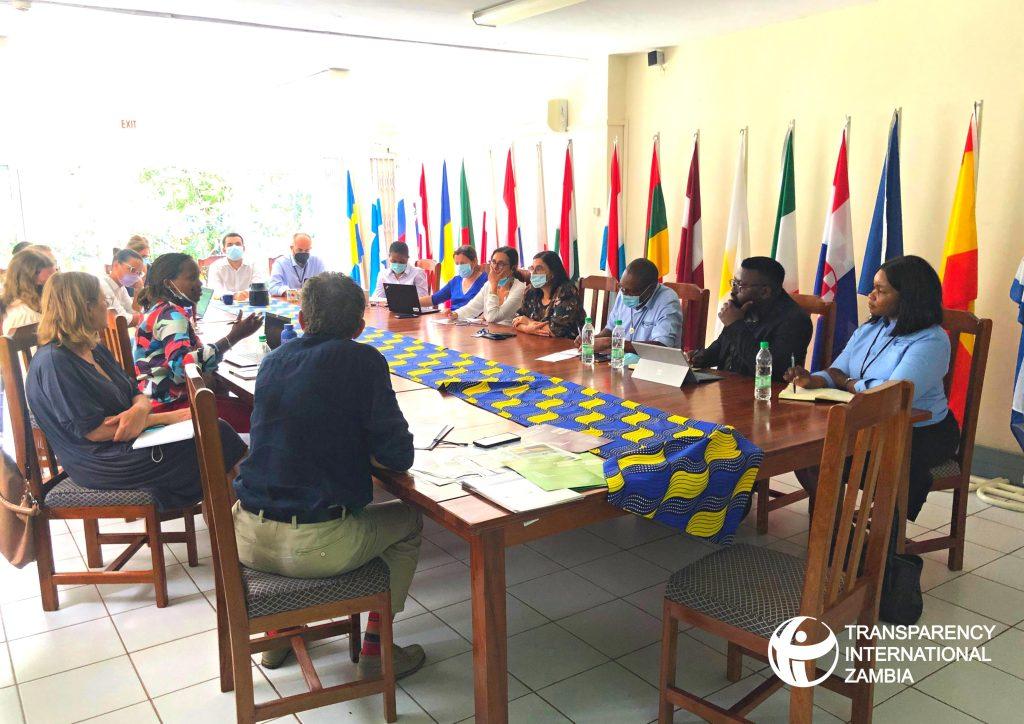Workshop on Saturday, September 24th – Apply now!
Your city, your community – your voice! Do you know this feeling? Living in a place for a while but nothing makes you feel at home, nothing makes you feel like you belong, you feel alone in your head, not knowing what is going on around you. Like a tourist, forever. Sometimes you feel grateful, and then there are times you ask yourself, “what the hell am I still doing here”? Sometimes you even begin to feel like this while you are in your own country, between your people and speaking the same language. This is what happens when you are being excluded from your surroundings, because of who you are or how you identify yourself. Inclusion is the key. When systems, people, and policies include you, you will feel it! When you feel included, the place you live starts to feel like home. When you are being seen, recognized, acknowledged, and appreciated. But inclusion is not a responsibility of one side. It is a collective action from all sides that facilitates the road to “home”. Therefore, it is important to define and communicate your needs, and tell your stories so that other people can listen and respond to them properly. If you join us in this workshop, we will focus on two methods, that we believe will help you with that. The first part of the workshop will be Community Mapping, and in the second part, we will practice Storytelling. So what exactly do we want to do? In the first part, we will discuss and learn about Community Mapping. It’s a method we use to discover what people resonate with, both positively and negatively, about the places they live in. Is there a park that makes you feel calm? A bakery you walk past where the smell of pastries brightens your day? Is there a place that feels like it was made to include you and feels like ‘home’? Or is there somewhere that you avoid, that feels unsafe, or where you feel unwelcome? Through discovering how people feel connected to their community we can learn more about how to make our city inclusive to all. After you’ve created a detailed overview of your community, we’ll move on to the second part of the workshop: storytelling. We’ll listen, you tell your story! Stories connect people, empower and educate, and help bring to light things that have not been talked about before. By sharing your story you are owning your words, and claiming a spot in that community you always wanted to be in. But telling a story isn’t easy, it takes a little bit of knowledge on how to do it and even more courage to actually share it with others. In this part of the workshop, we will learn all this together. Share your experiences with other participants, discuss problems, and find ideas for change in your community. Interview each other, express your feelings, and develop local strategies that can move Copenhagen in a direction that represents all its citizens. By participating in this workshop, you are helping yourself and many others that feel the same way you do, because Crossing Borders will include your input, suggestions, ideas, and concerns in a report that will be used to raise awareness in the public and to address city councils and government. If you live in Copenhagen and have a migrant background, speak English, and are interested in making a difference, this workshop is for you! Bring your grandparents or others whose stories need to be heard, but who may not be as well connected as you.Come join us at our beautiful new headquarters in Nørrebro. This workshop is all about dialogue, connection, and fun. We’ll provide great food and drinks, fun activities, and a safe environment for all. Here you will find a safe space regardless of where you come from, how old you are, what religion you belong to, or whether you are part of the BIPOC, disabled, LGBTQIA+, or any other community. We want to include anyone who feels lost and not heard in a place where they seem to not belong. Claim your space and tell us what you think! If you have any questions, don’t hesitate to get in touch with us write directly to the project manager at emma@crossingborders.dk This workshop is part of the INCLUDATE Erasmus+ project, co-funded by the European Commission, which aims to educate migrants or people with a migrant background on how to make their voices heard. To apply or if you have any questions send an email directly to emma@crossingborders.dk
Workshop on Saturday, September 24th – Apply now! Read More »











